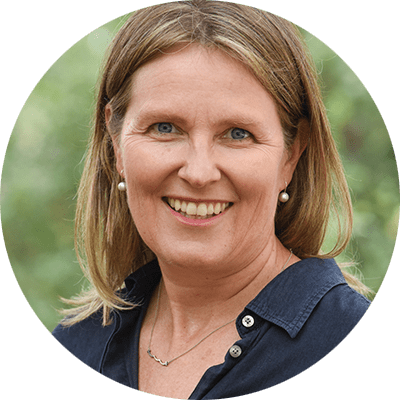Hello my friend in desktop mode.
Hello my friend in desktop mode.
Hello again my friend in desktop mode.
Hello again friend in mobile mode.
“There has been a focus on social justice throughout my life as a result of their influence,” Dr Jones says.
While her focus on social justice may be a singular one, the fronts from which she fights for it are many and varied, ranging from childhood obesity, Aboriginal health, domestic and family violence, child protection, the health and social impacts of climate change and social isolation of diverse communities.
The unifying factor is an understanding of the social determinants of health, and how the social circumstances in which people live, work and play affect their health wellbeing, and safety.
“Taking a social justice lens helps us to understand the ways race, rurality, religion, income, gender and ability contribute to health and social inequities.”
Dr Jones returned to academic life just four years ago after 15 years on the frontlines with SA Health.
“I worked on the childhood Obesity Prevention and Lifestyle (OPAL) program as an evaluation manager. Following that I was involved in setting up a public health indicator system and then worked for Health Performance Council Secretariat as a principal health analyst,” says Dr Jones.
The experience has left her with a passionate belief that social workers need to think holistically if they are not to just treat the symptoms of the problem.
“This is part of the reason I've come back to research and teaching – to encourage students to make those links between an individual’s personal troubles and those structural societal issues, rather than seeing each client as an individual case,” she says.
“The origins of people’s individual troubles are more than likely much larger, social problems.”
Looked at through this prism, Dr Jones believes the two biggest top-level problems we face as a society are poverty and racism, which both can create social isolation.
“I have been partnering with social workers in our health system and Aboriginal colleagues to look at how we can build the cultural responsiveness and safe practice among our social workers.”
This, she says, starts with social workers beginning to look at themselves and their effect on other people.
“Recognising, for example, the privilege that they have and the impacts that might have in a practice context.”
While this might look like dumping a lot of society’s problems on the shoulders of social workers to fix, Dr Jones says that other professions are beginning to share the mantle.
“I see it more and more – one of my PhD students based in Tennant Creek for example has an education background, and she is doing amazing work in this area as well.”
“Earlier this year, I was sitting in the dappled sunlight under the red gums on the banks of the River Murray, chatting with the First Nations peoples from the region, listening to the importance and strength of Aboriginal culture for 'growing up strong' children and young people. As a result, the Aboriginal community's feedback was used to re-shape the study design and methods.”
Dr Jones co-designs research with her partners using rigorous research methods to develop evidence-based practice and practice-based evidence.
“I have partnered with social workers within local and state governments including multiple health networks, as well as the non-government sector such as Kornar Winmil Yunti Aboriginal Family Services and Life Without Barriers.”
“Our social workers in the field are quite remarkable given the level of complexity they are managing. And they manage that within a very complex service system with reduced money to provide services, and limits around who they can provide services to and the amount of those services that they can provide.”
“So, I really take my hat off to practitioners working in the field.”
But in talking to social workers, she says, they seldom complain about the work no matter how traumatic individual problems may be.
“They find it incredibly rewarding. It’s not that bit that is draining. The bits that are draining are working within and across different systems – the health system, the housing system, the mental health system.
“And that’s our social workers, let alone the demands on our service users.”
Dr Jones says the health bureaucracy should be playing a bigger role in creating solutions.
“I’ve been a part of this as a health bureaucrat, but I suppose that is the thing – all of these systems are made up of people just like myself. And you need lots of these individuals to make changes within those systems.
“So, I don't think it’s down to any one system, or any one person, or any one profession. We need to work together.”
BRAVE MINDS
Discover how Flinders is making a difference to our culture, economy, environment society and world.
Subscribe to Flinders research
Sign up to get updates on upcoming events, news and more.
I consent to the collection, processing and disclosure of the personal information submitted in accordance with the Flinders University Privacy Policy.
![]()
Sturt Rd, Bedford Park
South Australia 5042
South Australia | Northern Territory
Global | Online
CRICOS Provider: 00114A TEQSA Provider ID: PRV12097 TEQSA category: Australian University










